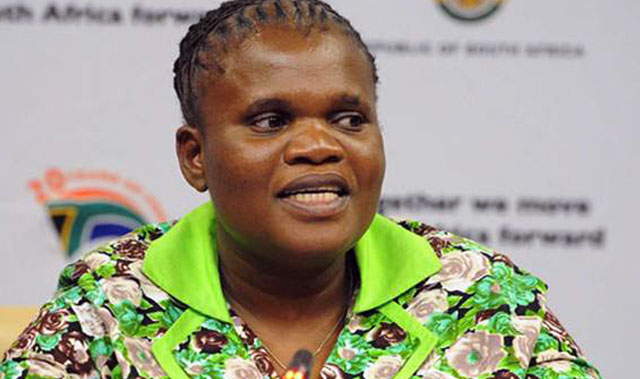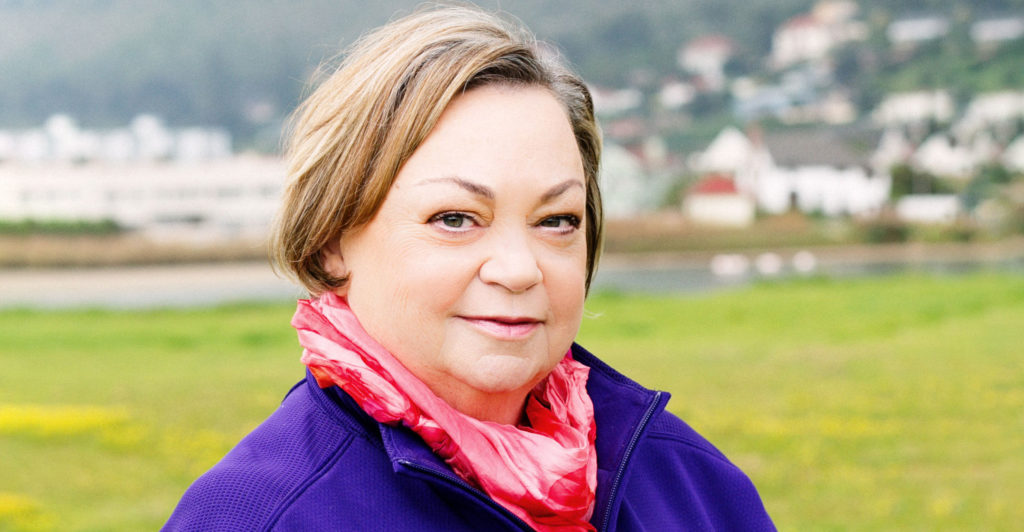
Cabinet has approved the digital migration amendment policy which will see an access control system included in television set-top boxes, communications minister Faith Muthambi said on Thursday.
“It will protect the government investment in set-top boxes so that the box cannot be used outside the boundaries of South Africa,” Muthambi told reporters following cabinet’s fortnightly meeting on Wednesday.
She said the boxes would be provided free to more than 5m households, who would be identified using the national means test.
This decision would again delay the deadline for analogue switch-off, although migration to digital would start as planned on 17 June.
“The mere fact that we are now subsidising all the 5m poor TV households, it is towards that realisation to say that you need everybody to make arrangements.
“So as government, cabinet has given us the policy to say we need to start with the switch-on and then having assembled the team, if it is all systems go, we will be able to go to cabinet and announce the switch-off date.”
The announcement spells the end of a long wrangle over whether to include a control system. Muthambi initially argued against control, but the ANC earlier this year made it clear that it disagreed.
The Democratic Alliance said competing factions should now unite behind cabinet’s decision.
“For too long, our ambitions to bridge the digital divide to deliver high-speed, ubiquitous wireless broadband to support e-government and fuel economic growth, for example, to all South Africans has been held hostage by powerful competing corporate and institutional agendas to control the broadcasting sector and unduly profit from the government’s subsidised set-top box programme,” said DA MP Marian Shinn.
“These narrow interests must now be set aside for the national good and their energies and talents should be directed at fast-tracking a responsible, well-managed and transparent process to deliver subsidised set-top boxes to those who qualify so that the analogue spectrum can be released for digital communications requirements as soon as possible.”
However, Shinn said that she is concerned that the cabinet statement on the subject refers to government providing “free” set-top boxes to 5m households. “The plan is for set-top boxes to be delivered to identified poor households and these will be subsidised on a sliding scale, depending on the total household income,” she said.
“I await to see the full details of the revised policy to understand whether the 5m set-top boxes will indeed be free. If this change has been made, then the available finance, of which there is already a shortfall of R1,9bn, will be totally inadequate to the task.”
The South African Communications Forum, an industry body that has supported set-top box control, welcomed cabinet’s decision. The body’s CEO, Loren Braithwaite-Kabosha, said she was encouraged that it appeared that government would provide free set-top boxes to poorer households. “This will help tremendously in moving the project forward.”
Braithwaite-Kabosha said the forum believes that including a control system in set-top boxes will be “best for consumers” as it will “provide a better experience for viewers of free-to-air broadcasts”.
In a statement, MultiChoice, which has been vehemently opposed to the mandatory inclusion of a control system based on encryption, said: “We welcome the clarification by … Muthambi at today’s post-cabinet media briefing that the control system in set-top boxes will be a security feature only, and will not include conditional access or encryption. We await publication of the final policy.” — TechCentral, with Sapa




